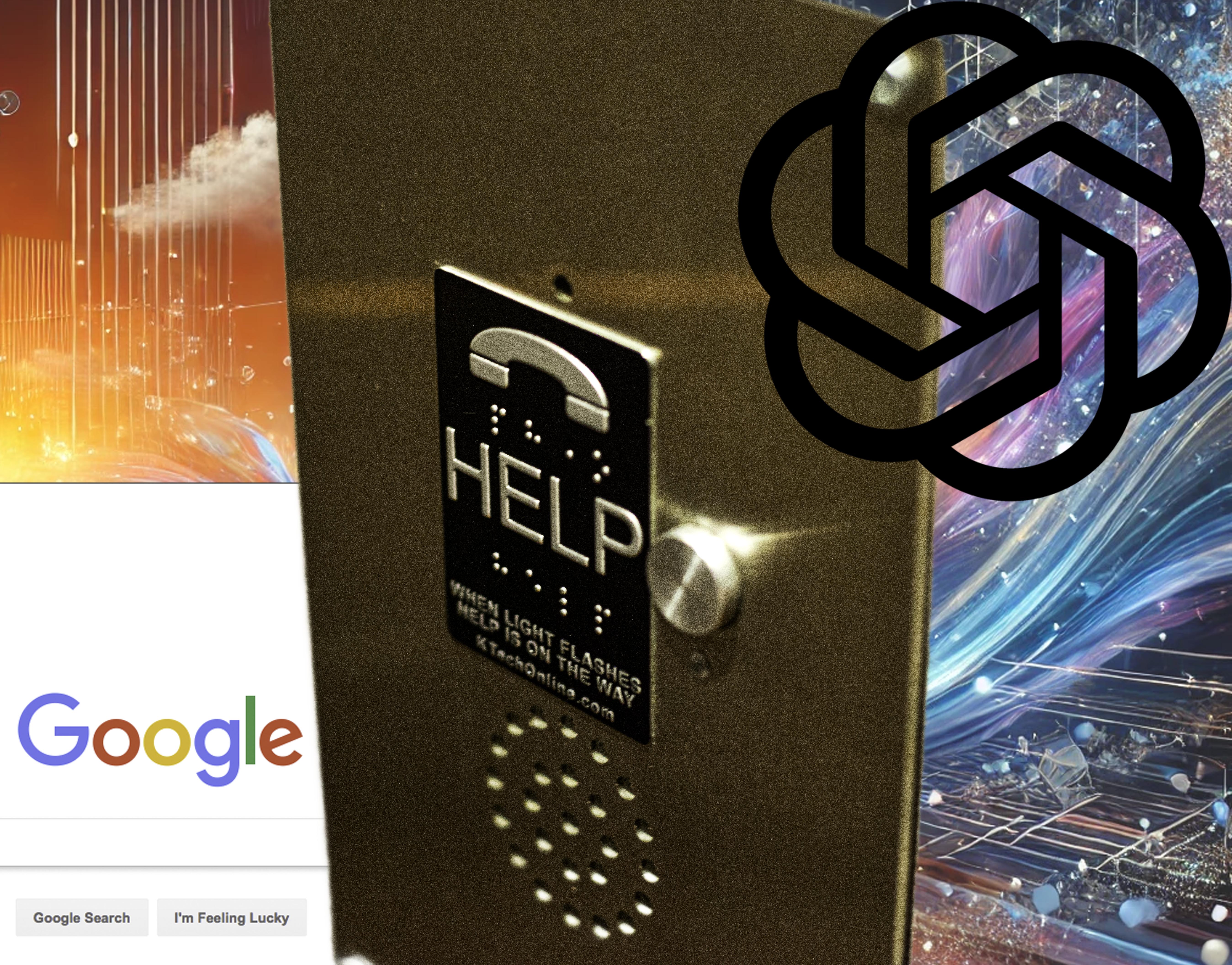Last Updated on July 28, 2023 by Steven W. Giovinco
Whatever the Facts Are, Your Online Reputation Lasts Forever
Start with the assumption that everything you do online is visible, traceable, and as a result, might be harmful now or down the road.
Simply put: if you there is something, even in the slightest, that could be embarrassing to you or your online reputation, assume it will be found and DON’T post it.
It could be those photos posted on Facebook when you were tipsy or drunk (and a job interviewer sees them).
Maybe you called in sick to your job but then tweeted from a baseball game (and your boss finds out).
Perhaps you wrote a glowing positive review—for yourself–thinking no one would know (these might not be traced but its usually easy to spot a false or paid review).
Created a blog post about a competitor that was really a thinly veiled comment on their way of doing business (but you are now looking for a job, and that competitor now represents a closed door).
Jokingly make a veiled threat to a politician (yes, maybe the NSA will know about it).
There are countless examples, and many more will come up as our lives become more and more online.
We’re not perfect, and we make mistakes, and say things we shouldn’t. But unlike at a cocktail party, our blogs, forum comments, photos, social media posts, etc., are online for almost anyone to see—and could be available forever—not just an evening.
What Can the NSA Teach Us?
As the news broke that companies such as Verizon handed over call information, and that Google, Facebook and other technology companies were sending information about their users’ online activities to the National Security Agency, it became clear—if it wasn’t already—that you and your online reputation could be tracked.
As Shelly Palmer, host Shelly Palmer Digital Living, says in his blog post on the Huffington Post, “Basically, anything you’ve ever shared with anyone about anything on the internet has (maybe) already been seen by the government.”
Let’s put aside whether this is justified, warranted, legal, necessary, or unique—after all, Google knows a lot about you too.
The point is that it IS being done.
When in Doubt, Don’t.
Don’t post something online if it could be embarrassing to you down the road.
As Fox Mulder from the X-Files, “Trust no one.” Be skeptical, and keep your private information private, if possible, by being mindful that it could impact your online reputation.
See Related Article: “Each Negative Link or Review Loses 30 Customers or $30,000“



